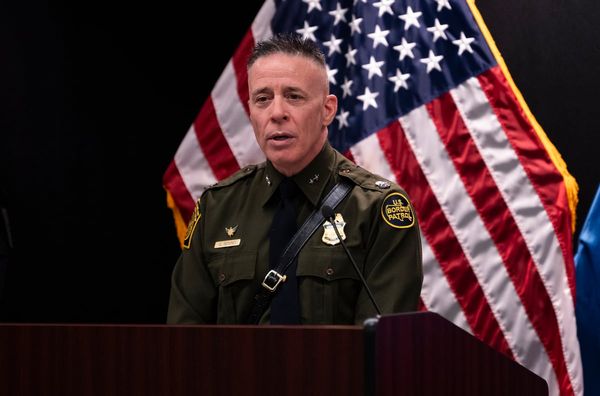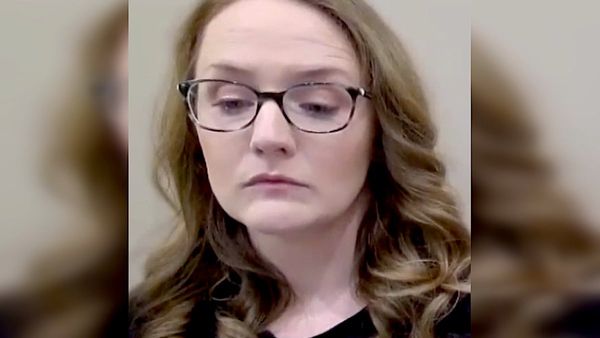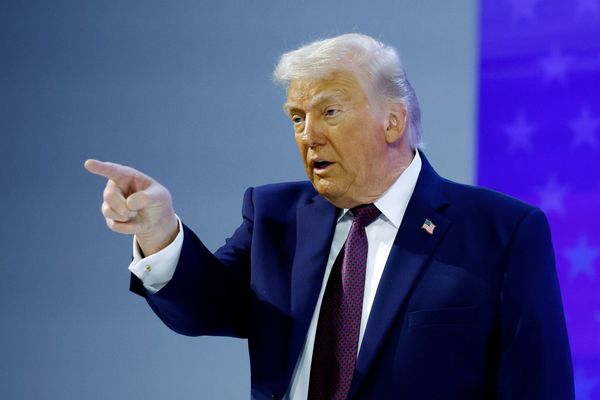
As a songwriter and storyteller, it’s my job to get to the heart of things. Through the highways and byways of the heart and of society, we trudge and trail until the path becomes clear enough for the right words to emerge, for the story to be told and finally, for the song to be sung.
The Uluru Statement from the Heart came with an invitation for everyone to walk with First Nations people toward a better nation. So a couple of years ago I set off on a journey to do just that.
I walked with Budawang elder Uncle Noel Butler in his country – Yuin Country. He talked about the health of the land, and how it could be different if he was listened to by councils and governments across his life. State officials would come and speak with him, and be blown away by his knowledge. “No shit,” he said, “I have cared for this land my whole life, I know how to manage it, how to get the best out of it and how to ensure it will be here for generations to come.”
Budawang elder Auntie Nellie Mooney told me the story of running after-school care in her home as long as she can remember. She wanted to make sure Aboriginal kids in her community had support to read and write, and speak their own language. Growing up, she wasn’t allowed to speak her own language. As a woman who lives my life through the words I say and sing, this cuts at my heart. She supports the voice because she didn’t have one. She knows it’s not enough, but she wants to sit at the table together and begin a process of healing.
I spoke to two elders on Worimi Country in Forster NSW, where I grew up. They both said they were voting no. They didn’t believe it would bring change, and they don’t trust the government to deliver change.
My heart breaks because I know the truth about the place I grew up. There are no traditional placenames on country, there are no local celebrations of culture where mob and non-Indigenous folk come together, there’s a yawning gap in Indigenous versus non-Indigenous incarceration and suicide rates, and education markers. There’s still a feeling of segregation in the community. Apart from the footy field, these two cultures walk in separate worlds. The voice isn’t enough. For some Indigenous people, there’s been too much hurt and not enough listening, for too long. I understand this.
I’ve watched the work of Waminda Women’s Health on the south coast of NSW in Nowra. These women look at the current system in its imperfection, and have made a culturally safe pathway through it, with community and government support. They believe the voice is the right step. They walk the line between two worlds and create watershed outcomes for their women. They know that with consultation and Aboriginal leadership, better health outcomes can be created in one generation. This is echoed in a conversation I have with the Wiradjuri descendant Donna Burns, CEO of the Australian Indigenous Doctors Association. She says we can’t wait another generation for a consultation structure like the voice. Lives are being lost, women are losing their children, children are losing their mothers, the health system needs change – but communities must inform that change.
I’ve been on many long phone calls with Prof Megan Davis. She has spent her life becoming an expert in the constitution, the founding document of this country, the same document that has been used across generations as a form of oppression of her own people. Megan is a lore and law woman. It’s like that scene in every movie where someone yells “Is anyone here a doctor?” We are in a serious political, social and economic health crisis and Megan Davis is the doctor. She and her peers have rinsed through every avenue of potential legislative and constitutional change. They consulted more than 1,200 First Nations leaders to arrive at the concept of a voice to parliament.
I hear from the Arrernte, Bundjalung and Kalkadoon woman Lille Madden, a ranger on Arrernte Country in Alice Springs. She has been fighting fires in the Central Desert. The rate of occurrence and magnitude are unprecedented at this time of year, ripping through the country. Crews from South Australia, Darwin and NSW have been called in to support but resources are sparse and are in great need elsewhere across the country. I haven’t heard of these fires until now. I ask why and she says “Nothing from these parts makes the morning news.” Could a voice begin to change that? She thinks so.
I speak with my friend Rulla, a Tulampanga Kooparoona Niara man from Lutruwita (Tasmania). Our conversation sits mostly in the space between yes and no. We acknowledge that the voice isn’t here to “fix” anything. It is here to take us to the table and speak together. He wants treaty. He wants to vote no, to reflect his lived experience of the system. I feel his rage, as much as I can.
I know we want the same thing. We want to walk together, but there’s a whole lot of work that needs to happen before we do. We leave it at that, in the undecided space. Rulla calls a week later to say he is voting yes. “I am going to vote yes for my nephew and nieces, my goddaughter and godson, and ones to come. I am voting yes knowing it will amplify the voices of the black sovereignty movement and treaty movements”, he says.
I talk to my mate Sally Scales, an activist and artist from Aṉangu Pitjantjatjara Yankunytjatjara (APY) lands in northern South Australia. Sal has walked the line between art, culture, government and activism to create tangible outcomes for her people. The other day she said “the life expectancy of someone on APY lands hovers around 48. I have 12 more years until my statistical death. My son Walter will be 18. I can’t live in this future unless something drastic changes, now.”
Working in politics I have come to know that change is slow, but once in a while there is a tipping point, a linchpin, a door that opens many doors. These things are often structural, they put something in the way – or they open the path to lasting change. The voice is one of these moments. What comes after it will be ours to decide.
If Australia votes no, my generation will not stop listening. We won’t stop working for change and truth. We’ll move hell and high water to change this system we live in so it is safe for all of us. But on Saturday, if we vote yes, we can put a structure in place to make a start.
• Holly Rankin is an artist and strategist working in music and politics. Recently she has worked with The Uluru Dialogues, Senator David Pocock, Climate 200 and Aria. She is also an Aria and Apra nominated songwriter and performer under the name Jack River







